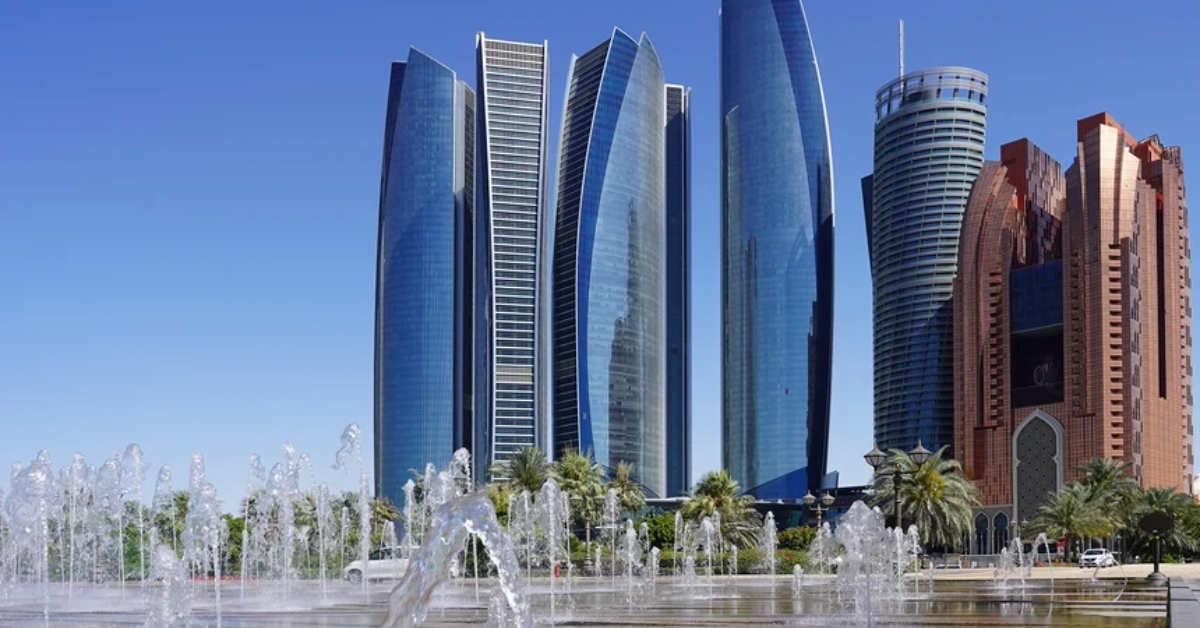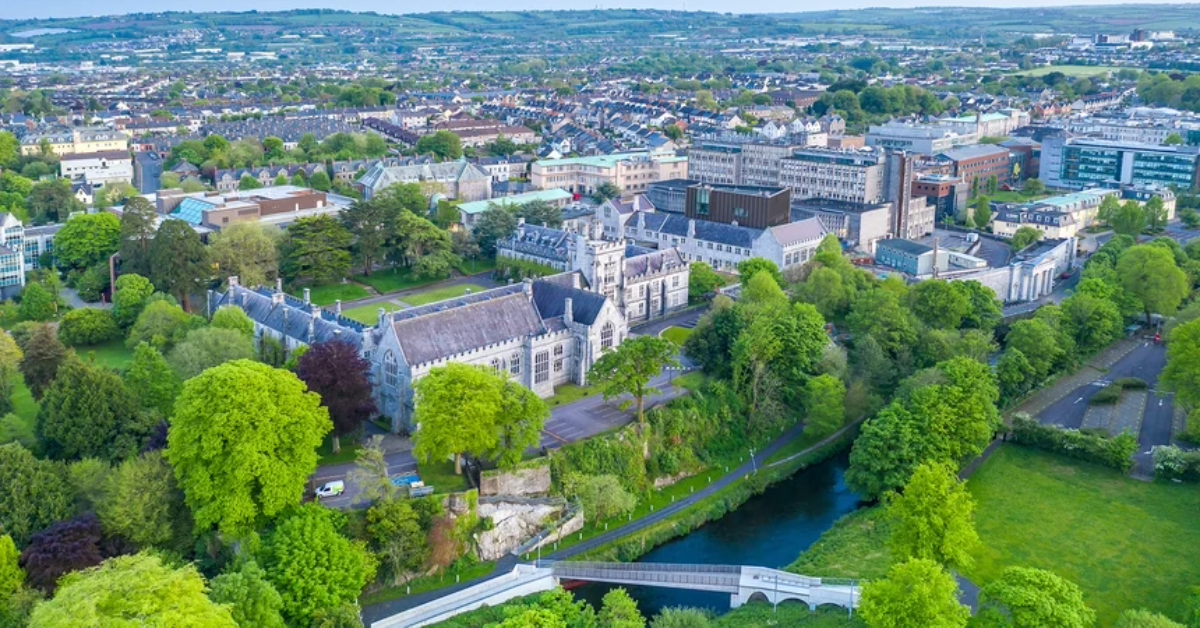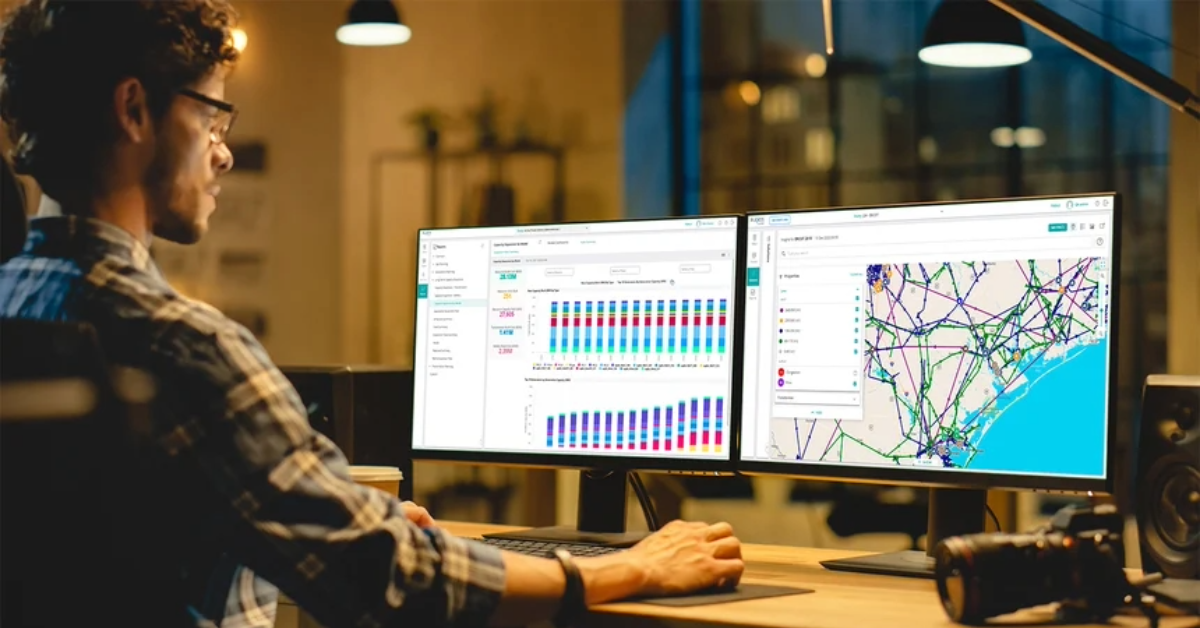Helping Enable Abu Dhabi Integrate Renewables and Reach Net Zero
Using complementary PLEXOS models to strike the optimal balance between cost and energy security whilst reaching the UAE Government’s sustainability...

Water supply and demand are growing issues globally, particularly in areas with arid or semi-arid climatic conditions. In the Middle East, water supply planning for cities such as Abu Dhabi is critical to the region's economic success. Between 2010 and 2020, Abu Dhabi's population grew by over 62%, while water consumption increased only 14% in the same period. During that time, the city invested in new water sources such as water recycling and desalination, and reduced water consumption, and focused on securing supply with a strategic water reserve.
Inspired by the Abu Dhabi 2030 Economic Vision, the Abu Dhabi Department of Energy (DoE) was established in 2018, replacing the previous energy regulator. The DoE was tasked with driving "the Emirate's energy transition efforts with a focus on promoting economic growth and boosting environmental, social and economic sustainability." Under this broad framework, the DoE is responsible for the energy market, water supply, water treatment, and central cooling.
Many factors drove the decision to build their in-house modeling capabilities. But it began with setting the 5-year strategy where the department, as a new entity, ran a detailed benchmarking exercise examining what other policymakers and regulators do. It quickly became evident that there was a need to upscale their modeling capability.
PLEXOS was chosen as the modeling tool of choice for two main reasons:
"All these capabilities that we wanted to have were offered by a single product, the PLEXOS tool. All of this was reflected in the value proposition for the project."
Milad Yousef,
- Strategic Projects and Development Advisor,
Abu Dhabi Department of Energy
On average, there are around 10 million cubic meters per day of water consumed in Abu Dhabi. Water comes from three main sources; 30% desalinated water, 60% groundwater, and 10% recycled water.
Previous models were limited to desalination plants in the water system, but the DoE wanted to capture the whole picture to complement their power modeling. With PLEXOS the Department of Energy has built upon the existing models to include all of Abu Dhabi's water sources into a new model: the Integrated Water Management Model (IWM). This will better provide an integrated view of Abu Dhabi Emirates' three water sources and help guide its allocation policy criteria moving forward, taking into account sector coupling with power demands, and water needs.
While creating the water model, one challenge was to consolidate and superimpose water source data from over 10,000 data points to understand the integration between each source.
A second challenge arose as the Department of Energy continued building its PLEXOS model. They needed to define the level of connectivity between the supply and demand sources, and selecting how to divide the demand would influence the model's outcome and analysis time.
PLEXOS allowed the DoE to seamlessly add these parameters to the model. Using an iterative approach, the PLEXOS model was able to perform an efficient analysis and provide the Abu Dhabi Department of Energy with an accurate forecast model for long-term planning.
PLEXOS allows the Abu Dhabi Department of Energy to strategize and plan its existing water optimization policy to include groundwater and recycled water. Through experimentation with the model's accuracy and run time, the DoE minimized the model's limitations and enhanced the relevance.
Yousef says that his team is still refining the PLEXOS model, as the project is ongoing. The data will be used extensively to develop the Phase 2 water optimization recommendations due out this year.

Using complementary PLEXOS models to strike the optimal balance between cost and energy security whilst reaching the UAE Government’s sustainability...

Dr. Paul Deane’s career began in the wind industry, building big wind farms across North America. Curious to understand his work’s impact on the...

1 min read
It's been an exciting and productive year for Energy Exemplar, and now that it's almost over, we'd like to reflect on what was accomplished. From...